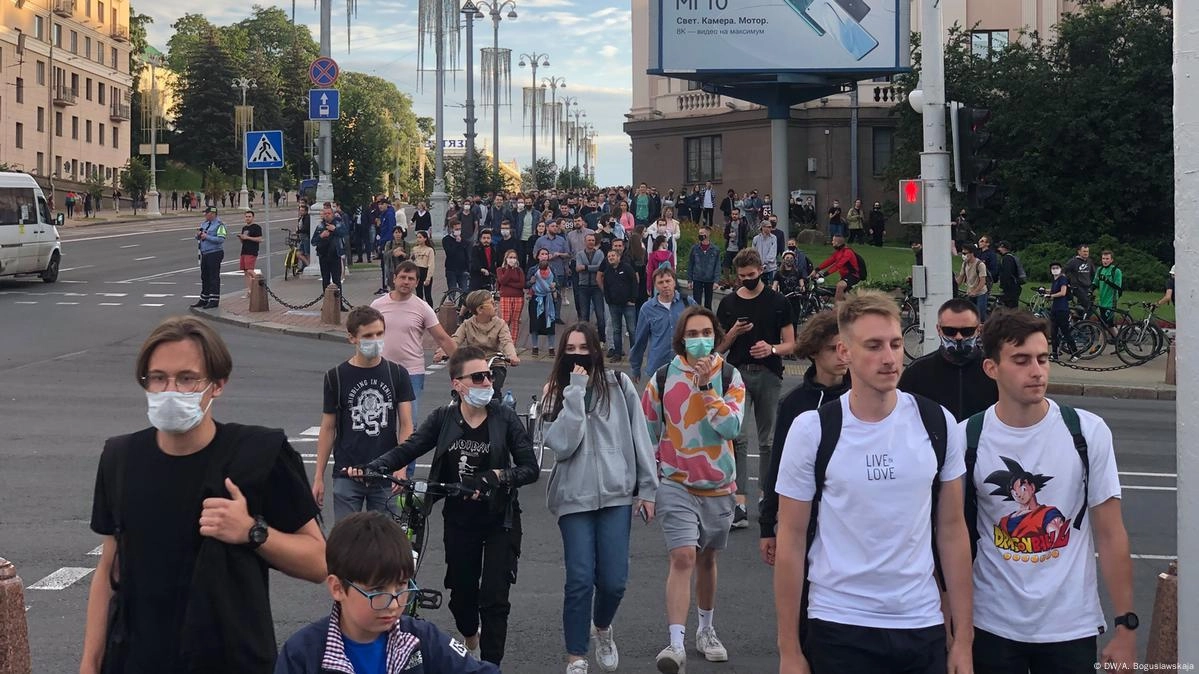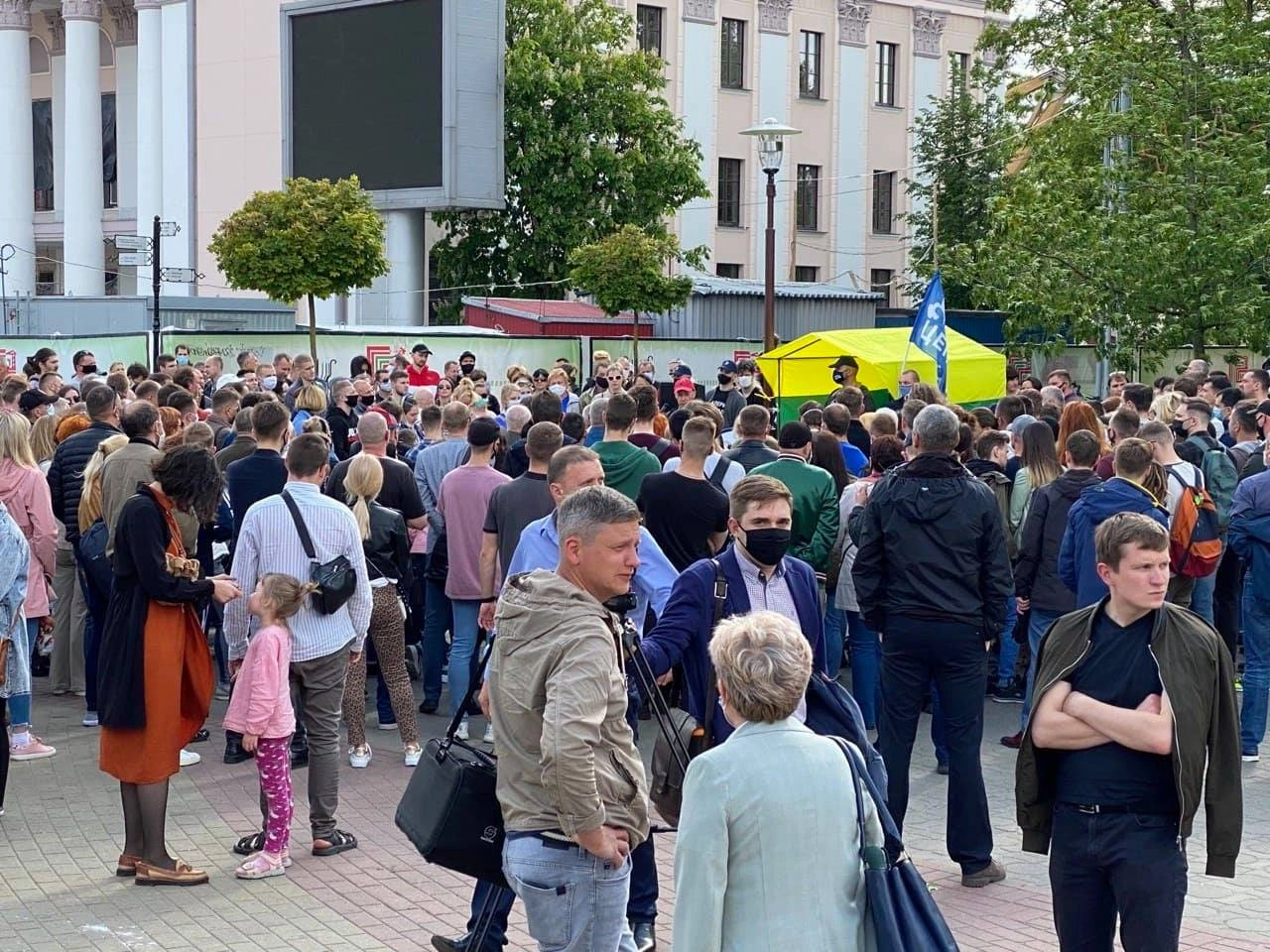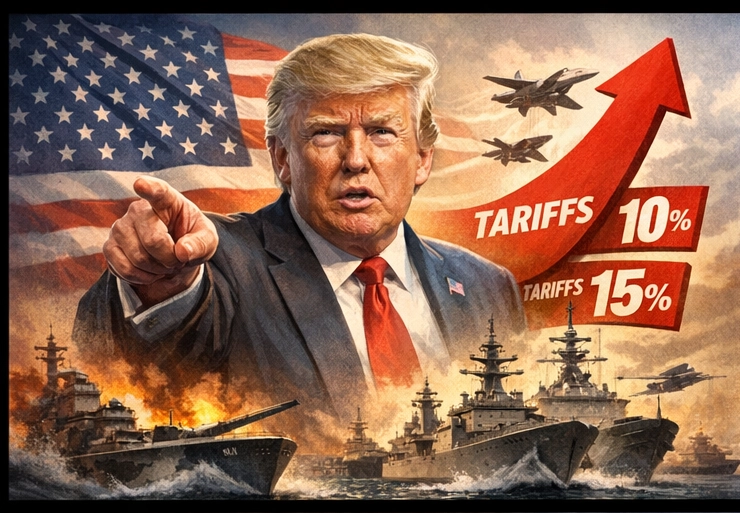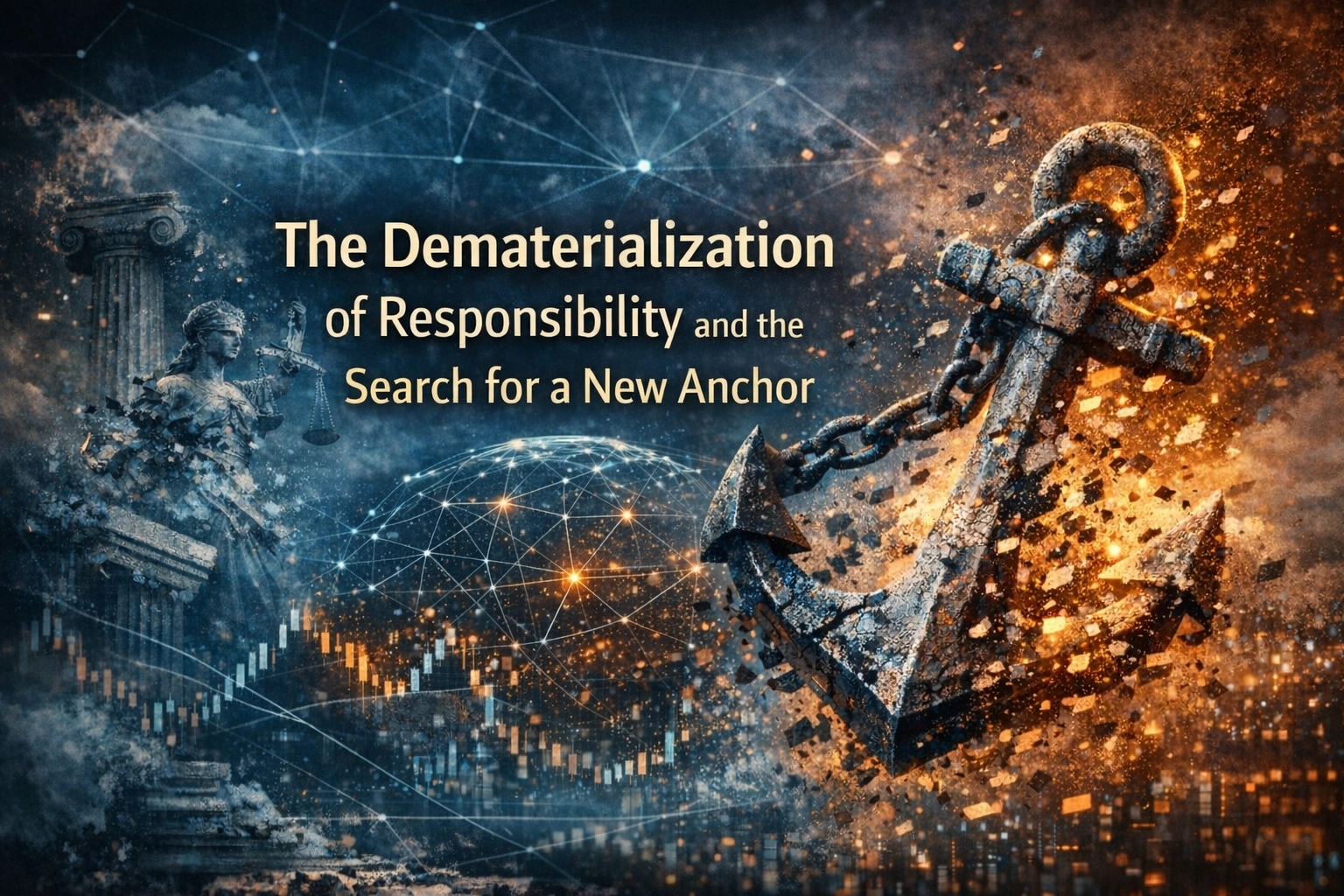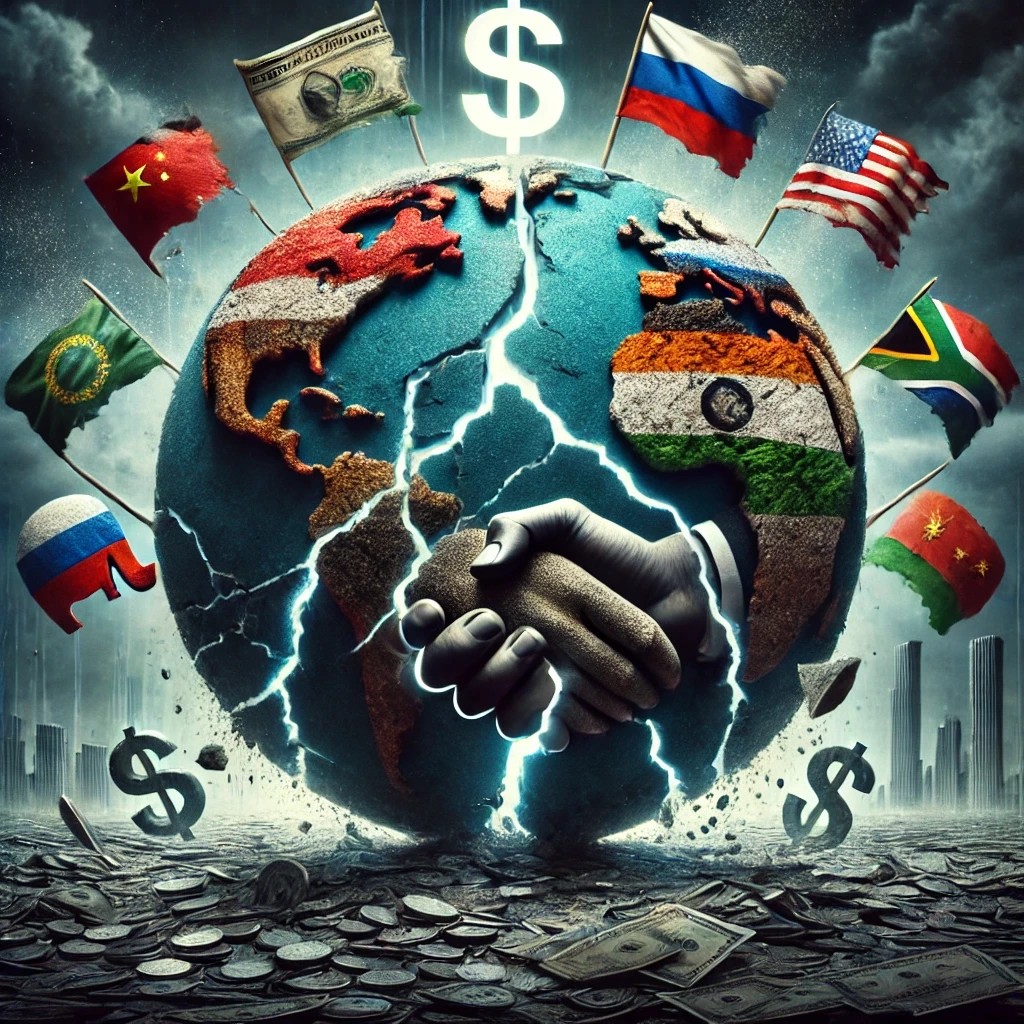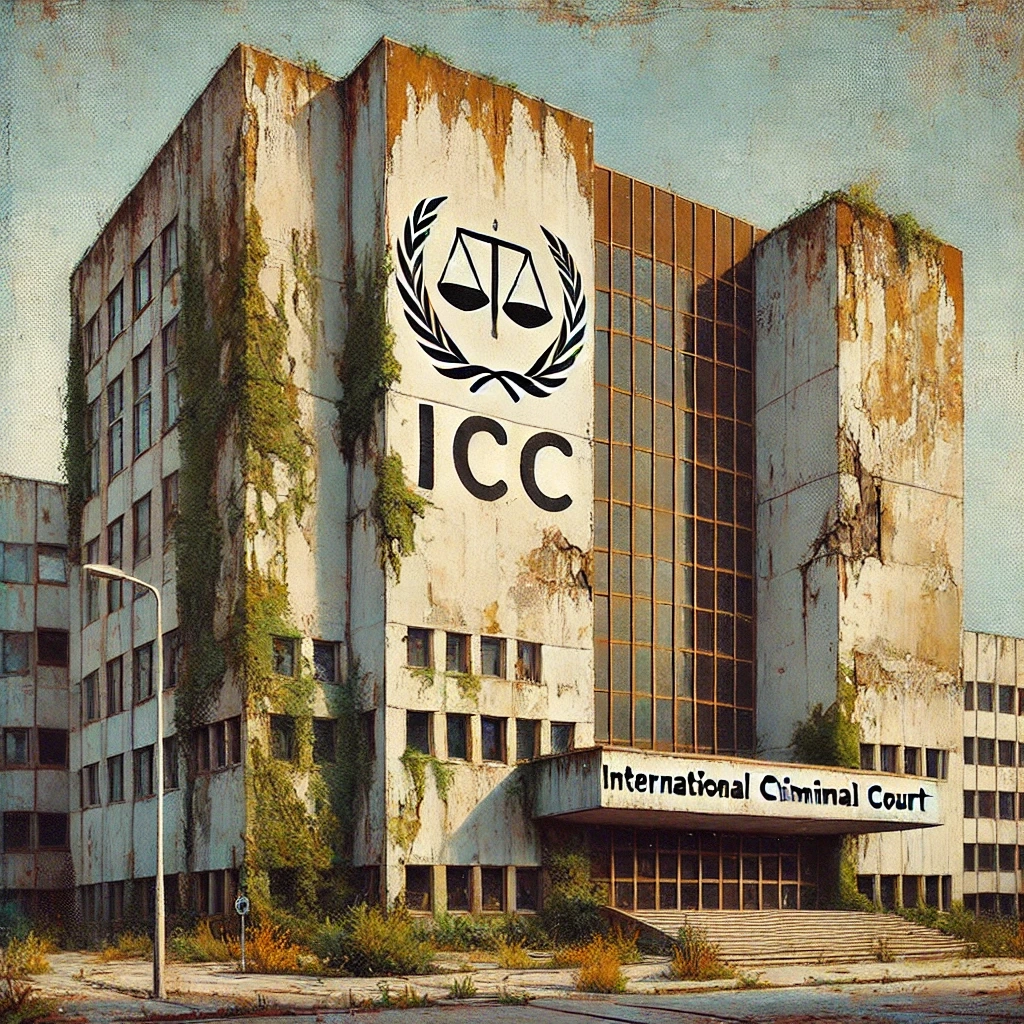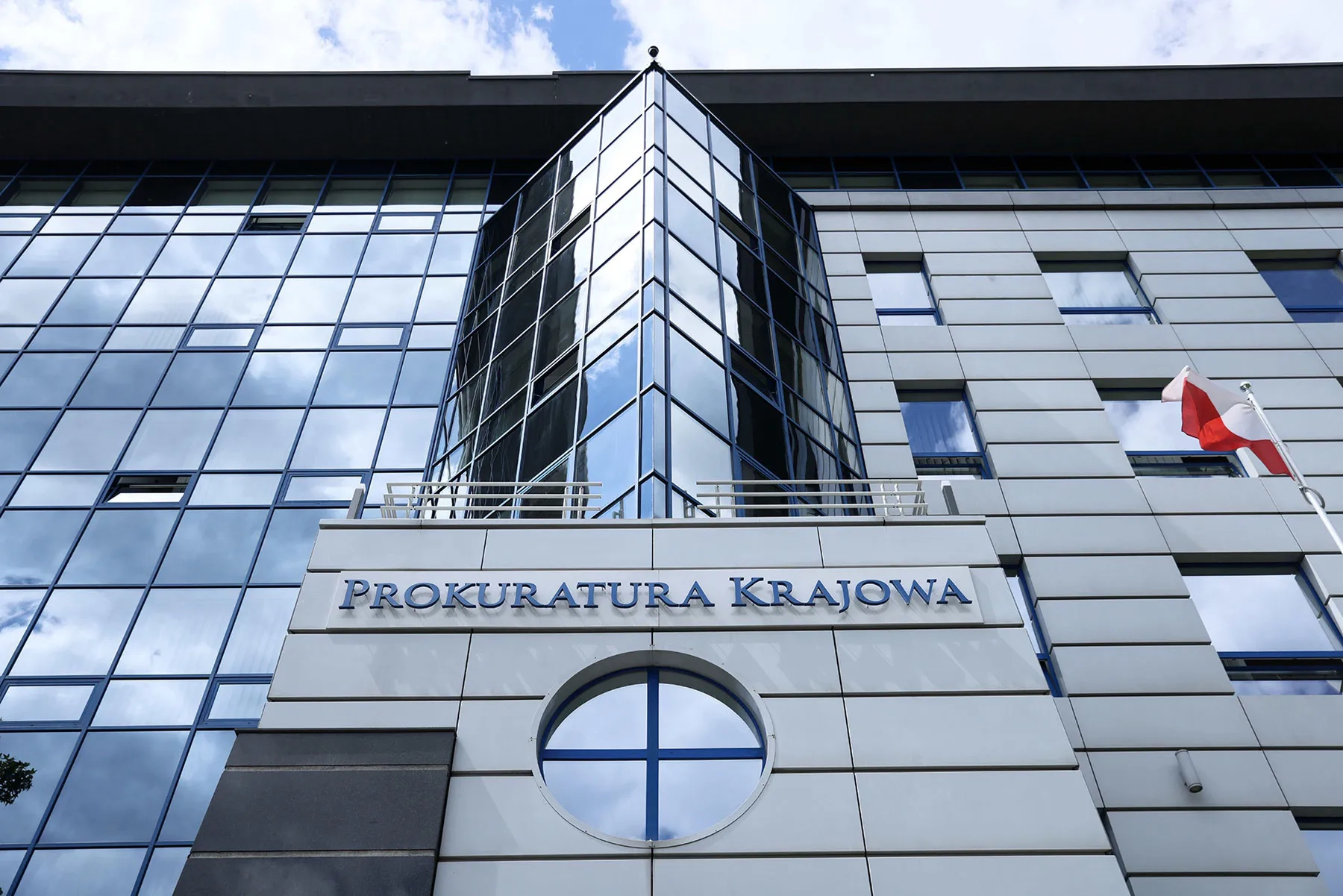I rarely comment on events to which I have no personal connection. I prefer to speak about what I have experienced, gone through, or deeply understood. By that standard, I would have ignored the much-discussed Putin–Trump meeting.
This time, however, something happened that goes beyond the usual talk of a Russia–Ukraine settlement (I’ll address that separately). I’m referring to Donald Trump’s unexpected call to Alyaksandr Lukashenko. I’ll admit: while we were pushing for the release of political prisoners, even we did not expect this to happen—let alone so quickly and in this form.
A bit of background
A year ago, 35 Nobel laureates urged Lukashenko to free Belarus’s political prisoners — among them their fellow Nobel Peace laureate Ales Bialiatski. The appeal was ignored.
Three months ago, we tried again from another angle: an appeal by another 40 laureates to President Trump asking him to help secure releases in Belarus. Several global media outlets published the letter, but the timing clearly wasn’t right: Trump was absorbed in budget battles and a sprawling political agenda, including a public dispute with Elon Musk.
The third step
When a Trump–Putin meeting appeared on the horizon—formally about Ukraine—we disided to use the moment to advance our core issue: Belarusian political prisoners.
On Friday we sent president Trump a letter asking him to raise this at his meeting with Putin. Our logic was simple: if Trump raised the issue, Putin—unwilling or unable to make concessions on Ukraine—might still want to do Trump a cost-free favor. One brief call to Lukashenko could open the door to releases.
For our part, we committed to mobilizing the stance of all 75 Nobel laureates with whom we coordinate on Belarus, plus another 30 involved with our project marking the centenary of the Declaration of the Rights of the Child (a separate, global initiative).
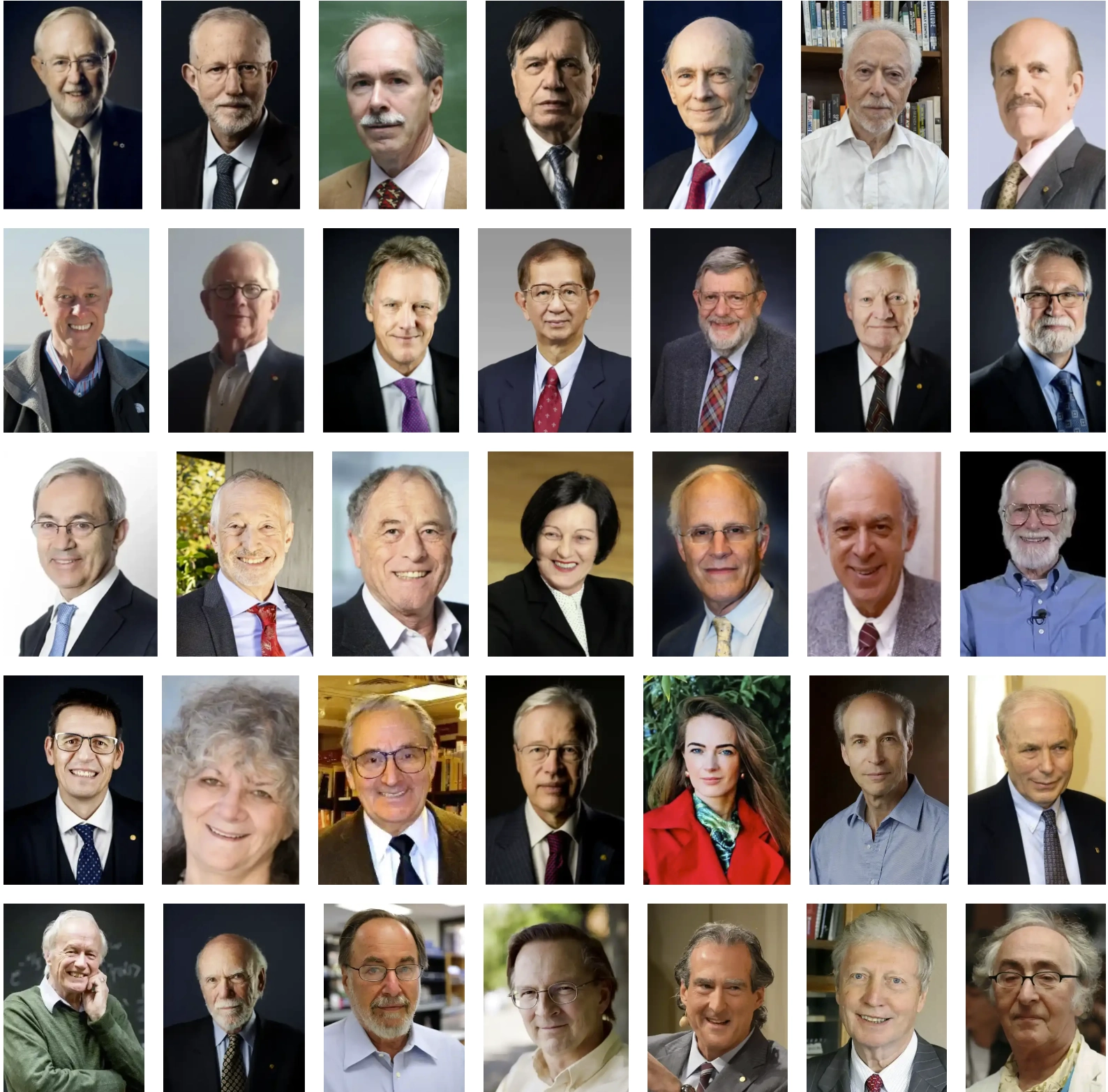
Several Nobel Prize Laureates who backed the mission.
We also pledged, on behalf of the Belarusian Democratic Forum, to nominate Donald Trump for the Nobel Peace Prize if 1,300 detainees were freed—recognizing a concrete contribution to resolving one of contemporary Europe’s largest humanitarian crises, comparable in scale to the Balkan wars of the 1990s. Around half a million people have left Belarus; this is a European humanitarian story, not merely a national one.
This time, it worked. Likely because recognition by the Nobel Committee is a powerful incentive for the White House that seeks tangible conflict-resolution results. Many may dislike the form; the substance is what matters.
We sent our letter to Trump’s closest associates while he was flying from Washington, DC to Anchorage. We propose the US President to ask Putin to solve this problem with the latter can do it just with a click on a computer. We considered it possible that Putin might simply accommodate Trump—not as part of a quid pro quo, but as a gesture to build trust after their meeting. At such moments access is most direct and informal.
A deal without intermediaries
Trump did not wait to ask Putin to mediate—as we had suggested. He chose to act directly, in the manner of someone accustomed to closing deals himself.
Two hours after our message was sent, Donald Trump called Lukashenko.
He also removed a bargaining chip: by proceeding without Putin, he denied the Kremlin any basis to portray the release of political prisoners as its own “concession” to offset U.S. steps on Ukraine. He acted unilaterally, without prior consultation with the State Department, diplomats, or other officials.
The direct call did not imply de jure recognition of Lukashenko’s legitimacy. It was a conversation with the person who de facto makes decisions and can halt the humanitarian catastrophe in Belarus.
What counts as a result for us
For us, the result is the release of political prisoners—this is our humanitarian mission and our obligation. One indirect indicator that the call stemmed from our efforts is that certain actors and structures that have earned millions of dollars off Belarusians’ suffering are financially disincentivized to see releases, since funding would likely drop sharply.
Second, the so-called “office,” stated 1,490 political prisoners at a Warsaw conference a week before the call. We cited 1,300—exactly the number President Trump repeated. We will now see how quickly grant-dependent headquarters adjust their counts to this statement.
